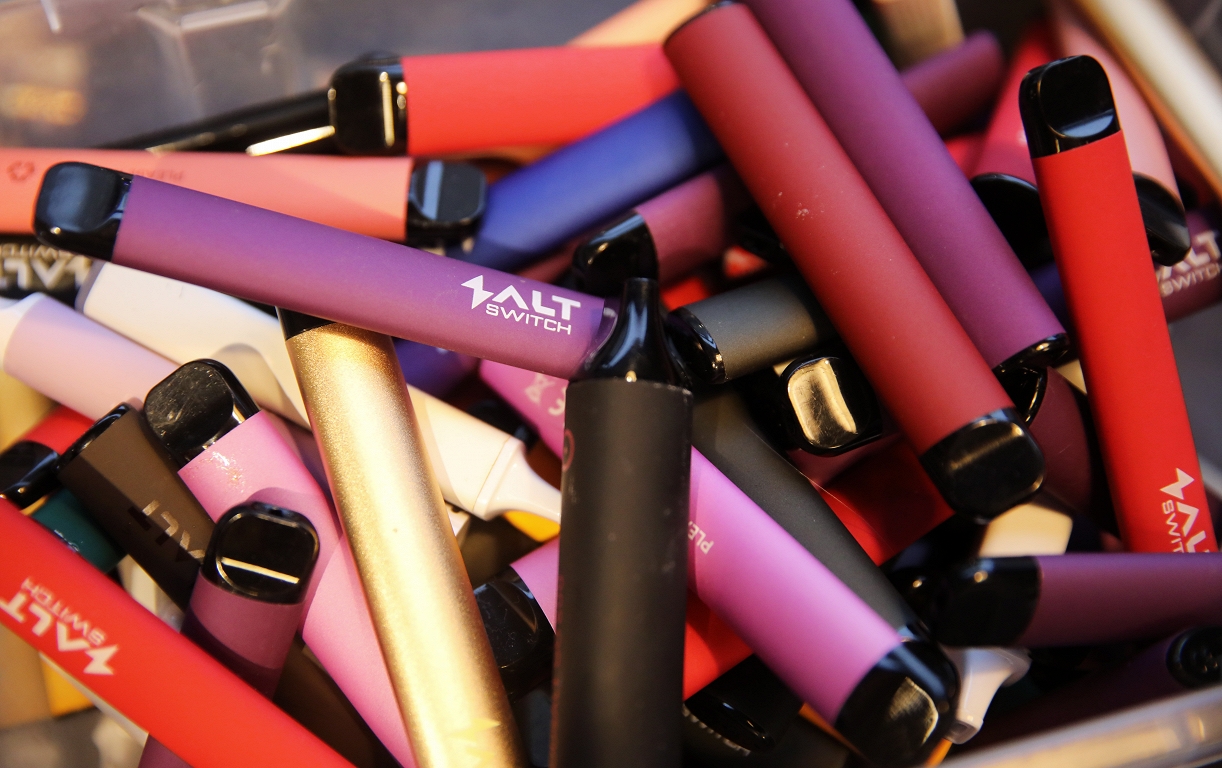E-cigarettes are intended to set a natural resource tax rate / day

The Ministry of Climate and Energy (KEM) explains that there is currently no such tax rate on e-cigarettes. There are also no conditions under which manufacturers and traders of these devices can obtain tax exemption. Accordingly, the amendments to the DRN Act are intended to detect DRN e-cigarettes, as well as the exemption from its e-cigarette manufacturers and traders involved in the E-cigarette deposit system.
The draft law also provides for the obligation of the State Environmental Service (SES) to registration of members of the E-Cigarette Deposit System and the exchange of information with the SES.
Amendments to the DRN Act also provide for the release of Hydroelectric power plants (HPPs) from paying DRN for self -consumed electricity.
KEM explains that the calculation of DRN is based on the amount of electricity generated by HPPs, which means that HPPs are also obliged to pay tax on self -consumed electricity, which is not on the market and is not profitable. The Latvian Renewable Energy Federation (LAEF) has pointed to the current issues in the small HPPs, for which the tax payment is disproportionately difficult financial burden.
The amendments to the law provide that the tax shall be calculated only on the amount of water flowed to the hydrotechnical construction, which is calculated on the basis of the amount of electricity produced and transmitted to the user. This means that, after the law, the HPP will be obliged to pay tax only for the amount of electricity transferred to consumption.
It has already been reported that KEM has also prepared amendments to the Waste Management Law on the operation of the E-Cigarette Deposit System.
The purpose of amendments to the Waste Management Act is to introduce a mandatory unified deposit system for e-cigarettes. The aim is to prevent e-cigarette ignition cases and ensure safe management. Similarly, with the introduction of a deposit system, it is planned to ensure saving natural resources by redirecting e-cigarette plastic housings, metal parts and lithium-ion batteries, as recycled raw materials, as well as promoting citizens’ engagement in e-cigarette management.
The regulatory framework contained in the draft law determines the basic principles of implementation and operation of the deposit system. A unified e-cigarette deposit system will operate in the country, implemented by the system operator. This operator is expected to be determined by the SES. The operator will organize a deposit from consumers and its management, providing e-cigarette recycling and recovery.






